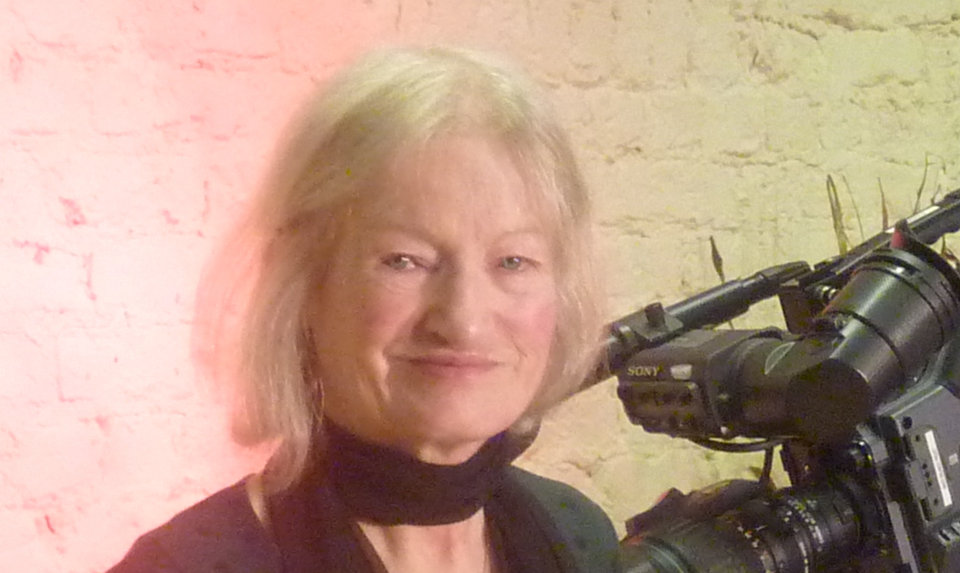Dale remembers the beginning of the Troubles. “From memory the Troubles in the Woodvale were rife. To this day some people would say that’s originally where it all started. I do remember one evening. There was a full battalion of soldiers in the Woodvale streets ready to go, which was quite frightening for me because I was only in my teenage years. As a child it most likely narrowed down what you could do.”
Upon getting married Dale and her young family relocated to Springmartin in West Belfast, which developed into a notorious peace line and interface area. “My fear would have been more for my children, no matter what memories I had of growing up, it just disappeared because your main concern was just looking after your children. You didn’t know when things were going to happen. I do remember on one occasion there was a massive gun battle where we literally had to lie on the floor that night with the two kids. I was quite a young mother so it was very frightening.”
Dale first became involved with community work in 1988 when the Springmartin community had been left to deal with the effects of the Troubles by itself. “We formed a proper group, we got together as a community. It was more people interested in the issues around them, statutory bodies not doing what they should have done. We chose to call ourselves Black Mountain Action Group. We didn’t have funding. We worked with the Housing Executive, Belfast City Council and the Department of the Environment, all of the statutory bodies that could come in and make Springmartin a better place for people to live.”
“The aims of the Action Group were really just to address issues. We chose to be interested in people, tenants and residents who lived in Springmartin and to make it a better place. Our children deserved to live in a better community. We did achieve quite a lot in a short space of time.”
In 1990, Dale took up a post with the Black Mountain Action Group. With an in-depth knowledge of the needs of her local community Dale actively went about addressing issues, with one being youth. “You’d have had lots of youth activities and we had a youth club going on about four nights a week. What was more available then than today would be that you would’ve been funded to take children out to leisure venues or organised a residential with the neighbouring communities and we got involved in all of that. Children in that era lived in an awful hard time. Children just couldn’t have done what children, thank the world, can do today.”
After 9 years, Dale undertook a 6-month post with the Greater Shankill Community Forum. “Part of my job was to wear a hard hat and show people around the development of the Spectrum Centre. I seemed to be drawn to the Spectrum Centre, I applied for a post and became one of the assistant managers. I’ve been very fortunate to stay in the Greater Shankill Area throughout my community career.”
On the challenges that she faces in today’s society Dale raises the issue of inadequate funding as a problem for community development, “I’m just a community worker, I’ll do my very best for the community when I can. But, the politicians can make a bigger difference than I’ll make with reference to giving the funding and making sure the funding goes into the communities that need it.”
All of Dale’s continued hard work and perseverance was recognised when she was awarded an MBE. “I took it on behalf of my family, all of the people I’ve ever worked for and certainly worked with and for the people who obviously supported me while I’ve been a community worker. And I hope to continue being one, because I love it.”




